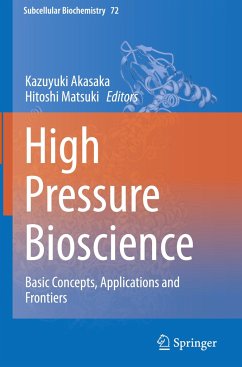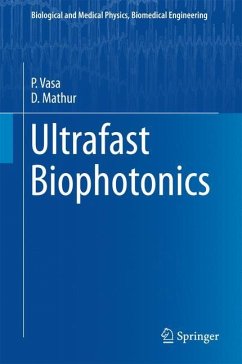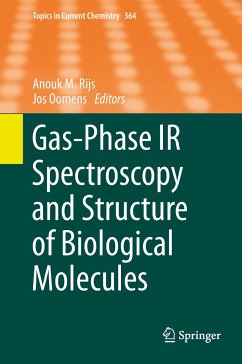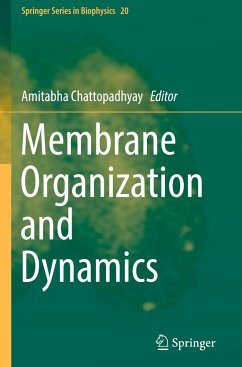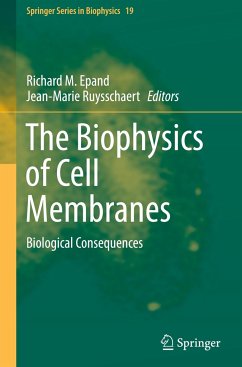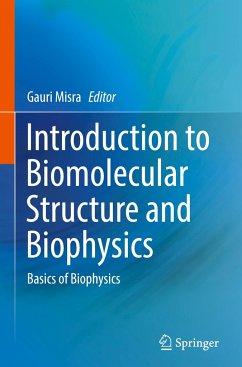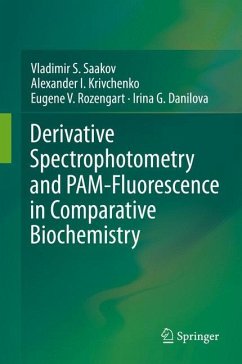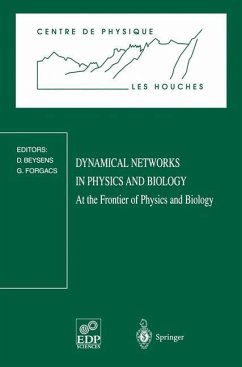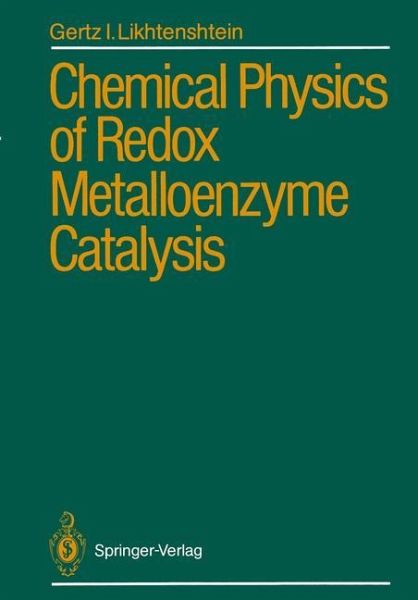
Chemical Physics of Redox Metalloenzyme Catalysis
Versandkostenfrei!
Versandfertig in 6-10 Tagen
76,99 €
inkl. MwSt.

PAYBACK Punkte
38 °P sammeln!
"Chemical physics is a science of the physical foundations of chemical transformations" (N. N. Semenov). The main objective of chemical physics is to disclose the detailed mechanism of chemical reactions and to learn to control these processes. The physico-chemical approach hinges upon the extensive application of methods of molecular physics and chemical kinetics. Based originally on simple gas-phase processes, chemical physics gradually extended its sphere of interest to liquid-phase reactions and to processes taking place in solids, including polymers. At present, we witness the fact that t...
"Chemical physics is a science of the physical foundations of chemical transformations" (N. N. Semenov). The main objective of chemical physics is to disclose the detailed mechanism of chemical reactions and to learn to control these processes. The physico-chemical approach hinges upon the extensive application of methods of molecular physics and chemical kinetics. Based originally on simple gas-phase processes, chemical physics gradually extended its sphere of interest to liquid-phase reactions and to processes taking place in solids, including polymers. At present, we witness the fact that the ideas and methods of this science penetrate deeper and deeper into modern molecular biology, including enzyme catalysis. This monograph treats, from the standpoint of modern chemical physics, the principal general and individual features of the structure and mechanism of action of various classes of oxidation-reduction (redox) metalloenzymes. There are several reasons for which this branch of science attracts the attention of specialists in various fields - from biologists and those working in medicine to chemists and theoretical physicists. First of all, is the enormous biological and biochemical importance of processes catalyzed by metalloenzymes. These include biological ox idation with oxygen, oxidative and photo-phosphorylation, atmospheric nitrogen fixation, assimilation of nitrates and sulphites, phototransport of electrons, hydrogen evolution and hydrogenation and photo-oxida tion of water, which is far from a complete list of such processes.





